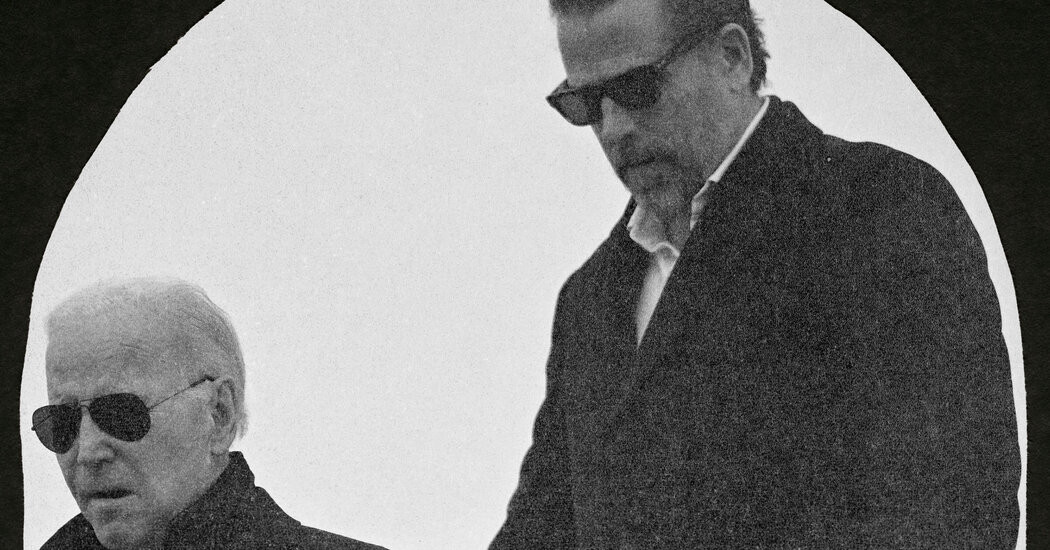

Pardons are the consummate discretionary acts; presidents are never required to issue even a single one, nor are they limited in the number they issue or to whom. In this way, they reveal their roots in the royal prerogative of mercy. There is only one reason presidents, or kings, issue pardons: because they want to.
On Sunday night as he boarded a plane to Cape Verde, en route to Angola, President Biden revealed himself as an anguished, and furious, father when he pardoned his son Hunter. Mr. Biden said, as recently as June, that he wouldn’t pardon Hunter or commute his sentence, and his press secretary reiterated that he had no plans to pardon Hunter after last month’s election. In June, a jury had found the younger Mr. Biden guilty of three felony counts relating to lies about his drug use on a federal form to apply to own a firearm. Then, in September, he pleaded guilty to nine federal tax charges in California.
Hunter was due to be sentenced in both cases later this month, which undoubtedly served to precipitate his father’s action. Under the federal sentencing guidelines, he was probably facing at least a couple of years in prison. But the pardon from his father wiped out that possibility and gifted the son a clean record, as if he had never been charged in the first place. The pardon goes further. It is “not limited to all offenses charged or prosecuted” and encompasses the period when the younger Mr. Biden joined the board of Burisma.
Mr. Biden sought to define his presidency in counterpoint to the corruption and indecency of the first Trump years. With the pardon of his son, Mr. Biden added his name to the roll call of presidents who dishonored their office by misusing the pardon power. By changing his plan to issue this pardon, Mr. Biden himself seemed to recognize how wrong it was, and is.
He justified his action on the ground that his son had been “selectively, and unfairly, prosecuted.” In his statement, he said, “No reasonable person who looks at the facts of Hunter’s cases can reach any other conclusion than Hunter was singled out only because he is my son — and that is wrong.” There is something to this argument. The president’s political adversaries have long been obsessed with trying to prove that Mr. Biden was somehow involved with his son’s misdeeds, many of which appear to have stemmed from his long-term addiction to drugs. Despite years of pursuit, including a spurious impeachment investigation, Mr. Biden’s critics never came close to proving that he had anything to do with his son’s criminal behavior, or that he benefited in any way from it.
President-elect Trump’s promise to seek retribution against his enemies also probably played a role in Mr. Biden’s decision. The unusually broad scope of the pardon suggests that Mr. Biden was attempting to forestall attempts by the new administration to prosecute his son.